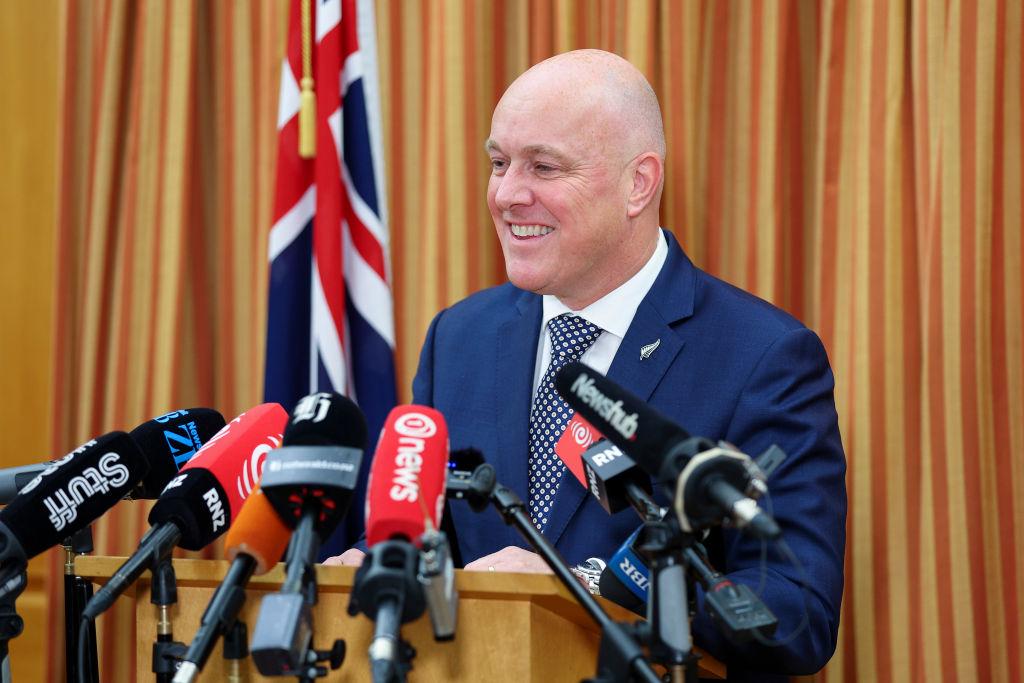New Zealand Prime Minister Christopher Luxon has stayed mum on current tensions between Washington and Beijing, saying his government will await further advice.
“We will continue to have strong relationships with our longstanding allies and friends, where we have common values, and we will look to build trade opportunities wherever we can ... we are a small country ... we don’t generate wealth by selling to ourselves,” he told a post-Cabinet press conference on Dec. 11, 2023.





